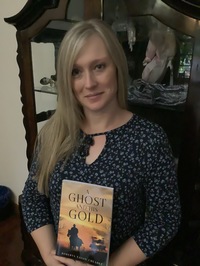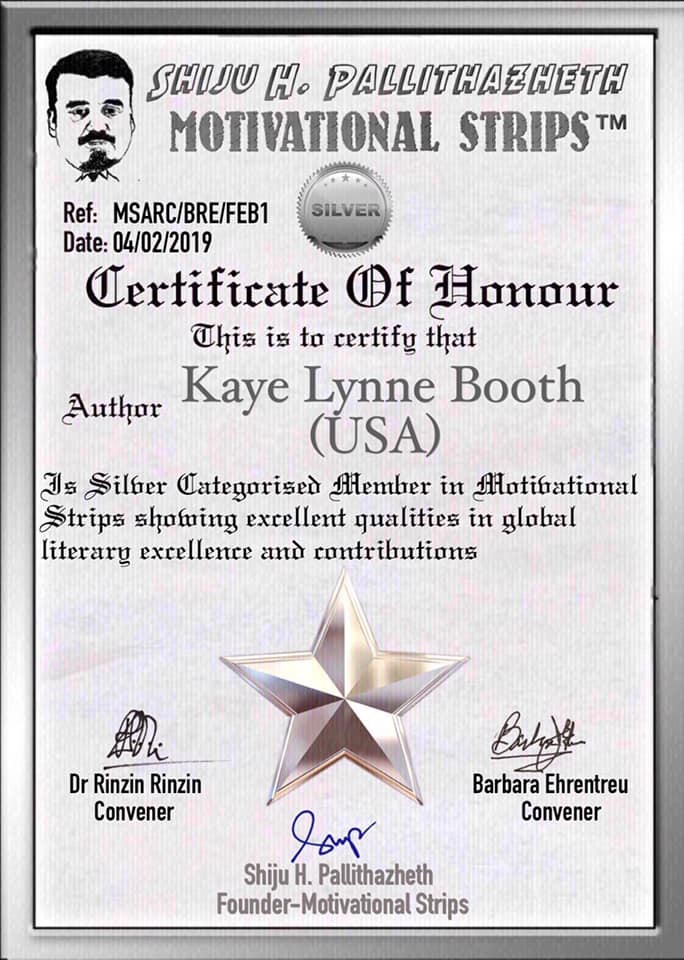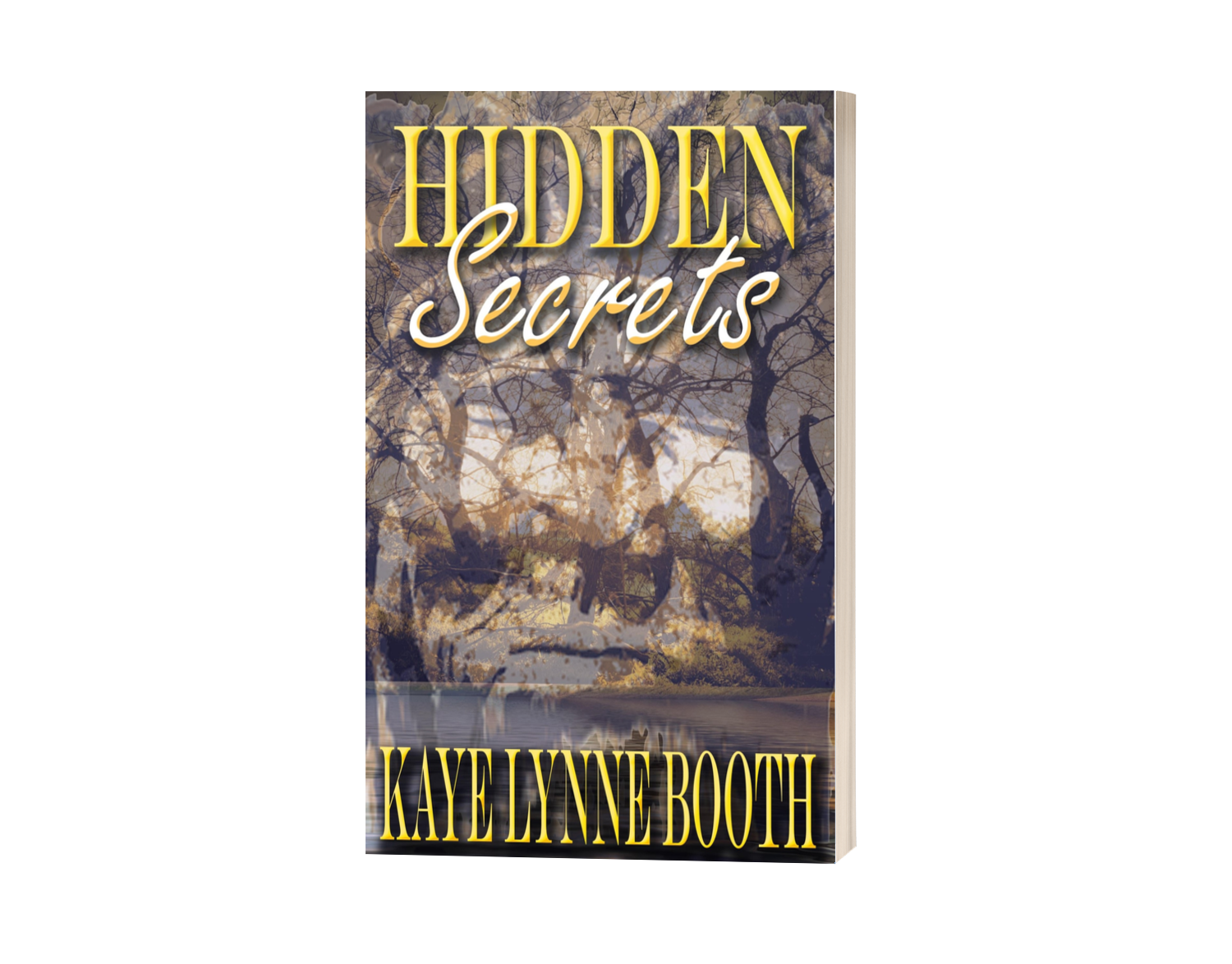Dark Origins – Here We Go Round the Mulberry Bush
Posted: June 30, 2021 Filed under: Dark Origins, Nursery Rhymes, Nursery Rhymes | Tags: Dark Origins, Here We Go Round the Mulberry Bush, Nursery Rhymes, Roberta Eaton Cheadle, Writing to be Read 77 Comments
Do you know the nursery rhyme Here We Go Round the Mulberry Bush?
I remember it from when I was a girl. The girls used to hold hands and dance in a circle singing the lyrics and doing the actions.
These are the first two stanzas of the most modern version:
Here we go round the mulberry bush,
The mulberry bush,
The mulberry bush.
Here we go round the mulberry bush
On a cold and frosty morning.
This is the way we wash our face,
Wash our face,
Wash our face.
This is the way we wash our face
On a cold and frosty morning.
The rhyme was first recorded by James Orchard Halliwell, an English Shakespearean scholar, antiquarian, and a collection of English nursery rhymes and fairy tales, as an English children’s game in the mid-nineteenth century.
The song and associated game are traditional in England and different versions are found in Scandinavia and the Netherlands.
R.S. Duncan, a prison governor at HM Prison Wakefield in Wakefield, West Yorkshire, England suggested that the nursery rhyme was about female Victorian prisoners exercising in the yard at Wakefield. A mulberry tree grew in the yard and women inmates would dance around the tree with their children and sing the song. The tree died in May 2019.
About the Victorian prison system
The Victorian prison system was created by men for men. Accommodation for women was usually an after thought and the penal system designed for them as generally a modified version of the men’s prison.
Women convicts were considered to need saving twice, firstly from their criminality and secondly from their deviance from expected female behaviour.
To this end, instead of being subjected to hard labour, women progressed through several disciplinary stages intended to put them on the path to reform. The stages were separate confinement for four months (men had to endure nine months of separate confinement), associated labour and, finally, a transfer to a female-only institution.
Prison authorities had to deal with pregnant and postpartum women. Lying-in wards and nurseries had to be created and the regulations relating to exercise, communication, and dietary provision had to be modified for such women.

Another possible interpretation of the rhyme is that it references Britain’s struggle to produce silk. Silkworms eat mulberry leaves and during the eighteenth and nineteenth centuries, Britain tried to emulate the success of the Chinese silk production industry. Britain’s cold winters with frost proved to be to harsh for the mulberry trees to thrive and this hampered the development of a successful silk production industry.
The lyrics: “Here we go round the mulberry bush / On a cold and frosty morning” are thought to be a joke about the difficulties experienced by the industry.
About Roberta Eaton Cheadle

I am a South African writer specialising in historical, paranormal and horror novels and short stories. I am an avid reader in these genres and my writing has been influenced by famous authors including Bram Stoker, the Bronte sisters, Amor Towles, Stephen Crane, Enrich Maria Remarque, George Orwell, Stephen King, and Colleen McCullough.
I was educated at the University of South Africa where I achieved a Bachelor of Accounting Science in 1996 and a Honours Bachelor of Accounting Science in 1997. I was admitted as a member of The South African Institute of Chartered Accountants in 2000.
I have worked in corporate finance from 2001 until the present date and have written seven publications relating to investing in Africa. I have won several awards over my twenty year career in the category of Transactional Support Services.
I have been published a number of anthologies and have two published YA books, While the Bombs Fell and Through the Nethergate. I have recently published my first adult novel called A Ghost and His Gold which is partly set in South Africa during the Second Anglo Boer War.
Find Roberta Eaton Cheadle
Blog: https://wordpress.com/view/robertawrites235681907.wordpress.com
Twitter: https://twitter.com/RobertaEaton17
Facebook: https://www.facebook.com/robertawrites
Amazon: https://www.amazon.com/Roberta-Eaton-Cheadle/e/B08RSNJQZ5
_____________________________________________________________________________________________
Want to be sure not to miss any of Robbie’s “Dark Origins” segments? Subscribe to Writing to be Read for e-mail notifications whenever new content is posted or follow WtbR on WordPress. If you found it interesting or entertaining, please share.















I have known some of the dark origins of this nursery rhyme but not the one about English failed attempt to produce silk. You are a fount of knowledge, Robbie. Thank you!
LikeLiked by 1 person
My pleasure, Marian. I find these bits of information very interesting.
LikeLiked by 2 people
I didn’t know the history behind this one. Fascinating stuff. Thanks for sharing.
LikeLiked by 2 people
HI Staci, I am glad you enjoyed this post. I thought this information was interesting too.
LikeLiked by 2 people
Interesting. I had never heard any of these backstories. Thank you, Robbie!!
LikeLiked by 2 people
Thank you, Annette, I am glad you enjoyed this post.
LikeLiked by 2 people
I didn’t know the back story to this rhyme very interesting, Robbie an enjoyable post 🙂 x
LikeLiked by 2 people
Thank you, Carol. I am glad you enjoyed it and learned something new.
LikeLiked by 1 person
Reblogged this on and commented:
I am over at Writing to be Read with a post about the dark origins of Here We Go Round the Mulberry Bush. Thank you for hosting me, Kaye Lynne Booth.
My dad was diagnosed yesterday with a cluster of blood clots in the pulmonary artery near the lungs. He can’t be admitted into ICU in a hospital because we are in the midst of the third wave of Covid and it is to dangerous for him, so we are treating him at home with injections of a strong blood thinner. Fortunately, it is not difficult to learn how to give injections and we are monitoring him for side effects. He had a better today. Thank you to all of you for all your kind comments and support.
LikeLiked by 1 person
Thank you for sharing the history behind the Mulberrybush song. I hope your father gets better.
LikeLiked by 2 people
Thank you, he is improving and his breathing is much better. I am hopeful.
LikeLiked by 2 people
The mulberries are ripening here (in Virginia), so this is a timely post. Next time I walk by a mulberry bush, I’ll be thinking about women’s prisons and silk worms!
LikeLiked by 1 person
I had no clue about the history behind this nursery rhyme, Robbie. It’s amazing to think such a sing-songy rhyme had such a dark beginning.
LikeLiked by 2 people
I know, Mae, it is quite fascinating that nearly all the nursery rhymes have dark origins. Have a lovely Friday.
LikeLiked by 2 people
Interesting information. I often wondered where the origins of this song came from.
LikeLiked by 2 people
This is one I didn’t know much about, Darlene. I deliberately looked for it so I could learn something new. I also thought it was an interesting origin.
LikeLiked by 2 people
Like others, I had no idea of a song the girls used to sing while skipping. It’s dark, isn’t it! It was also the title of a song by the band Traffic, the theme song to a 1968 movie also of the same title. Not as dark as the nursery rhyme’s origins, thankfully!
LikeLiked by 2 people
HI Clive, I didn’t know about the songs. I will have to look for them now as you have piqued my curiosity. It is funny to think we dance and play to the words of these rhymes.
LikeLiked by 2 people
Just the one song – it was both the theme song for the movie and a hit single in its own right. Hope you can find and enjoy it!
LikeLiked by 1 person
Thanks for another fascinating history lesson, Robbie! Sharing…
LikeLiked by 2 people
Thank you, Bette. I am glad you enjoyed this interesting history.
LikeLiked by 2 people
Reblogged this on Ed;s Site..
LikeLiked by 2 people
Thank you, Ed.
LikeLiked by 2 people
Wonderful post.. it is amazing how we remember these nursery rhymes from childhood when we recited them without any inclination of their origins… excellent Robbie and thanks Kaye Lynne..xx
LikeLiked by 2 people
HI Sally, that is exactly right. We teach them to our children with no idea about their origins and meanings. I would still have done so, but it’s nice to know what they’re about.
LikeLiked by 2 people
Thanks Sally. 🙂
LikeLiked by 1 person
I enjoyed that song and game as a child too, Robbie. Thank you for explaining its origins.
LikeLiked by 2 people
I am glad you enjoyed this post, Norah. This series is my favourite of the three. I love this research.
LikeLiked by 2 people
They certainly have interesting origins, Robbie. I remember reading many of them years ago, but they are often so dark that I preferred to forget. However, I’m pleased you are reminding me.
LikeLiked by 2 people
This one is not to dark, Norah, more interesting really. Some of them are pretty horrific.
LikeLiked by 2 people
I agree with you, Robbie. It’s an interesting one.
LikeLiked by 2 people
Fascinating! I had no idea.
LikeLiked by 2 people
Hi Liz, it is very interesting. I love these dark origins.
LikeLiked by 2 people
So, do I–probably because there is such incongruity between the where the nursery rhymn started and where it ended up.
LikeLiked by 1 person
Hi, Robbie. I meant to add that I hope your dad is doing better.
LikeLiked by 2 people
Thank you, Liz, it is a waiting game at them moment.
LikeLiked by 2 people
You’re welcome, Robbie. I know the waiting game well; my heart goes out to you and your family.
LikeLiked by 1 person
We used to sing that rhyme too. Strange that it may have started in a prison. (K)
LikeLiked by 2 people
HI Kerfe, I suppose people in prison need to find ways to pass the time when they are in prison and some of them would have been creative and innovative.
LikeLiked by 2 people
It always seemed ancient to me, which makes it even more interesting.
LikeLiked by 2 people
It’s funny how I have known this little song forever but never thought about its meaning. Great post.
LikeLiked by 2 people
Thank you, Bernadette. I have also known it all my life. We used to jump rope while singing it. I also didn’t know where it came from.
LikeLiked by 2 people
interesting origin story; it seems like the idea behind the purpose of a women’s prison was a good idea, and the goals should have been the same for the men’s prisons…
LikeLiked by 2 people
The Georgians and Victorians had some very harsh and strange ideas about rehabilitating people. Thanks for visiting, Jim.
LikeLiked by 2 people
who’s to say if what we to today is any more effective…
LikeLiked by 1 person
Two interesting interpretations, Robbie. I remember the song from childhood too, and never thought about what it meant. A fascinating share. Thanks for hosting, Kaye Lynne.
LikeLiked by 2 people
Hi Diana, I am glad you enjoyed this post. I find these dark origins very interesting. I didn’t know either of these two theories.
LikeLiked by 2 people
🙂
LikeLiked by 2 people
I wasn’t familiar with the origin of this song, Robbie. Your post is fascinating. Wow, all the stories it conjures… I hope you find a way to get some rest this weekend. Please take care of *you* too. Hugs.
LikeLiked by 2 people
HI Teagan, Dad has really perked up today so things are looking much better. Only 5 lots of injections left until we see the cardiologist next week. I must admit administering those jabs is giving me nightmares. I am so scared I’ll do something wrong. I am glad you enjoyed this dark origin. I thought is was very interesting.
LikeLiked by 1 person
Reblogged this on My Corner and commented:
Have you ever wondered what inspired this nursery rhyme? Well, fellow blogger Robbie Cheadle offers some ideas. I can’t think of a better way to start the week, even if you’re not literally dancing around a mulberry bush on a frosty morning.
LikeLiked by 2 people
Hi Abbie, thank you for sharing. I am glad you enjoyed this post.
LikeLiked by 1 person
Reblogged this on Smorgasbord Blog Magazine and commented:
Most of us remember the nursery rhymes we sang as young children and have taught the next generations those same songs. But do you know the origins of the songs and the meaning of the words… some origins are dark and Robbie Cheadle as a guest of Kaye Lynne Booth reveals the secrets behind Here We Go Round the Mulberry Bush… do you dare head over to find out what you have been singing all this time? o
LikeLiked by 3 people
HI Sally, thank you for sharing, I appreciate it. I am glad you enjoyed the origin of this nursery rhyme. I am really enjoying the research for this series.
LikeLiked by 2 people
Pleasure Robbie.. fascinating to look at the origins of those things we take for granted..hugsx
LikeLiked by 1 person
Fascinating stuff, Robbie, especially since we are singing nursery rhymes to my grandson.
I think we will sing this one as an homage to all the imprisoned women!
LikeLiked by 2 people
Hi Noelle, this is a great one to sing to children. I agree the background to many nursery rhymes is fascinating. Thanks for visiting.
LikeLiked by 1 person
Hi Robbie, I was so sorry to hear about your poor Dad. Do hope he is progressing now. Fascinating to learn about the nursery rhyme. So many of the old rhymes and short stories had dark souls…(rather their authors did!) Hugs xx
LikeLiked by 2 people
HI Joy, so lovely to see you. I am glad you enjoyed this post. Things are not good with my dad and I am mentally preparing myself for anything. Hugs.
LikeLiked by 1 person
Interesting historical info about the origins of a nursery rhyme. Yes, I definitely remember singing it as a child. Those poor Victorian women. And aren’t we afraid to ask what their “crime” may have been? An adulterous affair, in which the men got away ‘scott-free’ as the saying goes? You do know how to find the dark corners of truth, Robbie. Well done. xo
LikeLiked by 2 people
Hi Pam, I am glad you enjoyed this post. Women have always had a ‘raw’ deal in life and even now many women continue to suffer greatly, even in developed countries. I am glad you enjoyed this history.
LikeLiked by 2 people
I sang this song with my preschool class 40+ years ago. Who would have thought of its origin? This post is very informative, Robbie. I also remember going to the preschool neighborhood to pick mulberry leaves to feed the silkworms. Thank you, Kaye, for the featuring.
LikeLiked by 2 people
Hi Miriam, I remember jumping rope at school while the girls sang this song. Those were such fun days. I don’t think kids do this sort of thing any more. I also remember having silk worms and making cardboard shapes for them to grow their cocoons around.
LikeLiked by 2 people
I know, Robbie. Schools these days are too much academically driven. I think kids should have a balanced left-brained and right-brained activities.
LikeLiked by 1 person
I love your fascinating research shares Robbie. Very eerie that turned into a children’s song, We danced in a circle to it also when kids. Who knew? 🙂 xx
LikeLiked by 1 person
Reblogged this on NEW OPENED BLOG > https:/BOOKS.ESLARN-NET.DE.
LikeLiked by 2 people
Thank you, Michael.
LikeLiked by 1 person
Thank you as well, Robbie! Enjoy the day! xx Michael
LikeLiked by 1 person
Thank you for this very interesting information, Robbie! Cant remember similar rhymes for her, but i remember their use in movies. Mostly to increase the tension and create a mysterious mood. xx Michael
LikeLiked by 2 people
Hi Michael, lovely to see you. You make a good point, I also remember this sort of nursery rhyme being used in horror movies to create tension. Thanks for visiting. Your new gravatar is very eye catching.
LikeLiked by 2 people
Thank you for sharing the information, Robbie! Isnt it scare for itself, using itself beautiful rhymes for this. xx
Oh, thank you! I had changed the avatar to direct visitors to the new blog. 😉 Have a nice week! xx Michael
LikeLiked by 1 person
Whatever the true origins, I found the information about women’s prisons, and the struggle to produce silk in the UK, fascinating!
LikeLiked by 1 person
[…] With Snapped PodcastNight Classy PodcastPodcast SourcesHolidays you didn’t know existedMulberry Bush OriginAdministrative StylesThe FleaZen DenNeed new Teacher CLothes? The owner is a former teacher and […]
LikeLiked by 1 person
I love it when people share info. Thank you!!
LikeLiked by 2 people
My pleasure, I’m glad you enjoyed this post.
LikeLiked by 1 person
[…] Cheadle, Roberta Eaton. “Dark Origins – Here We Go Round the Mulberry Bush.” Writing To Be Read. https://writingtoberead.com/2021/06/30/dark-origins-here-we-go-round-the-mulberry-bush/ […]
LikeLike
[…] https://writingtoberead.com/2021/06/30/dark-origins-here-we-go-round-the-mulberry-bush/ […]
LikeLiked by 1 person